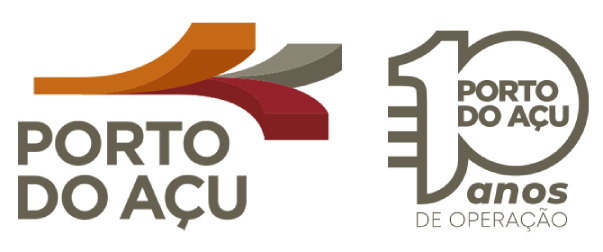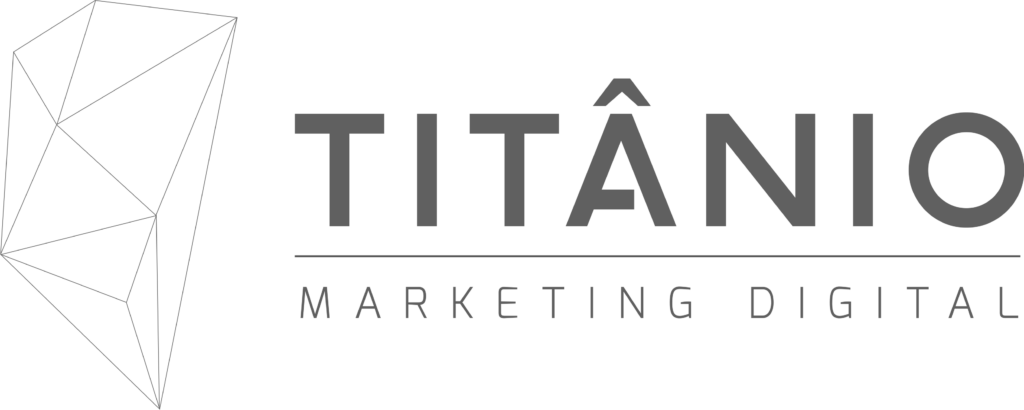Prumo Logística, the company that develops and operates Açu Port, participated yesterday in a meeting at the Minas Gerais Economic Development Secretary (SEDE). Company executives met with Secretary Altamir Rôso and explained how they intend to meet demands of Minas Gerais businesses.
“We want to evaluate all product shipment options for Minas Gerais entrepreneurs, to learn about and create the best routes to make the state’s industrial sector more competitive,” said Rôso, adding that SEDE will study business opportunities for local entrepreneurs through Açu Port, in order to establish a new agenda with Prumo Logística and Minas Gerais’s business leaders and interest groups.
Prumo’s Regulations and Sustainability Director Eduardo Xavier explained that the company wants Açu Port to become the port solution for the Minas Gerais industrial sector. “We will learn about existing cargo and the state’s expectations so that we can plan and serve Minas Gerais,” he said.
Prumo’s General Director of Business Development Fernando Guerreiro said the port’s Multicargo Terminal (T-MULT) is already competitive to serve plants around Belo Horizonte and in the Northern part of the state. “Important segments of Minas Gerais’s economy can use the port, particularly steel, ornamental rocks, motor vehicles, bauxite and pet coke,” he emphasized, adding that Prumo may also be a partner by offering local companies the opportunity to install their own facilities in the Açu area.
Açu Port
Located in São João da Barra (Rio de Janeiro state), Açu Port has an area of 90 km², divided into Terminal 1 (T1 – offshore) and Terminal 2 (T2 – onshore), in addition to an area available for the installation of facilities by maritime and industrial companies.
T1 handles iron ore and crude oil, with berths built along 3 km of quayside. Operating since October 2014, the terminal welcomed more than 100 iron-ore ships for Anglo American (which operates in Conceição do Mato Dentro, Minas Gerais state) and handled more than 13 million tons. Prumo and Anglo American each own 50% stakes in a joint venture named Ferroport. T1 encompasses the Oil Terminal (T-OIL), with capacity to handle 1.2 mbpd, which starts cargo commissioning this month.
T2 is composed of the surrounding area of the canal for navigation, with 6.5 km in length, 300 meters in width and up to 14.5 meters in depth. Technip, NOV, InterMoor, Wartsila, Edison Chouest and BP-Prumo already operate their own facilities at the terminal.
Including all investment since 2007, 13 billion reais have already been deployed on the enterprise, with 6.4 billion reais coming from Porto do Açu Operações (Prumo Logística subsidiary) and 3.7 billion reais from Ferroport and Anglo American. The remaining amount was invested on terminals by clients.

